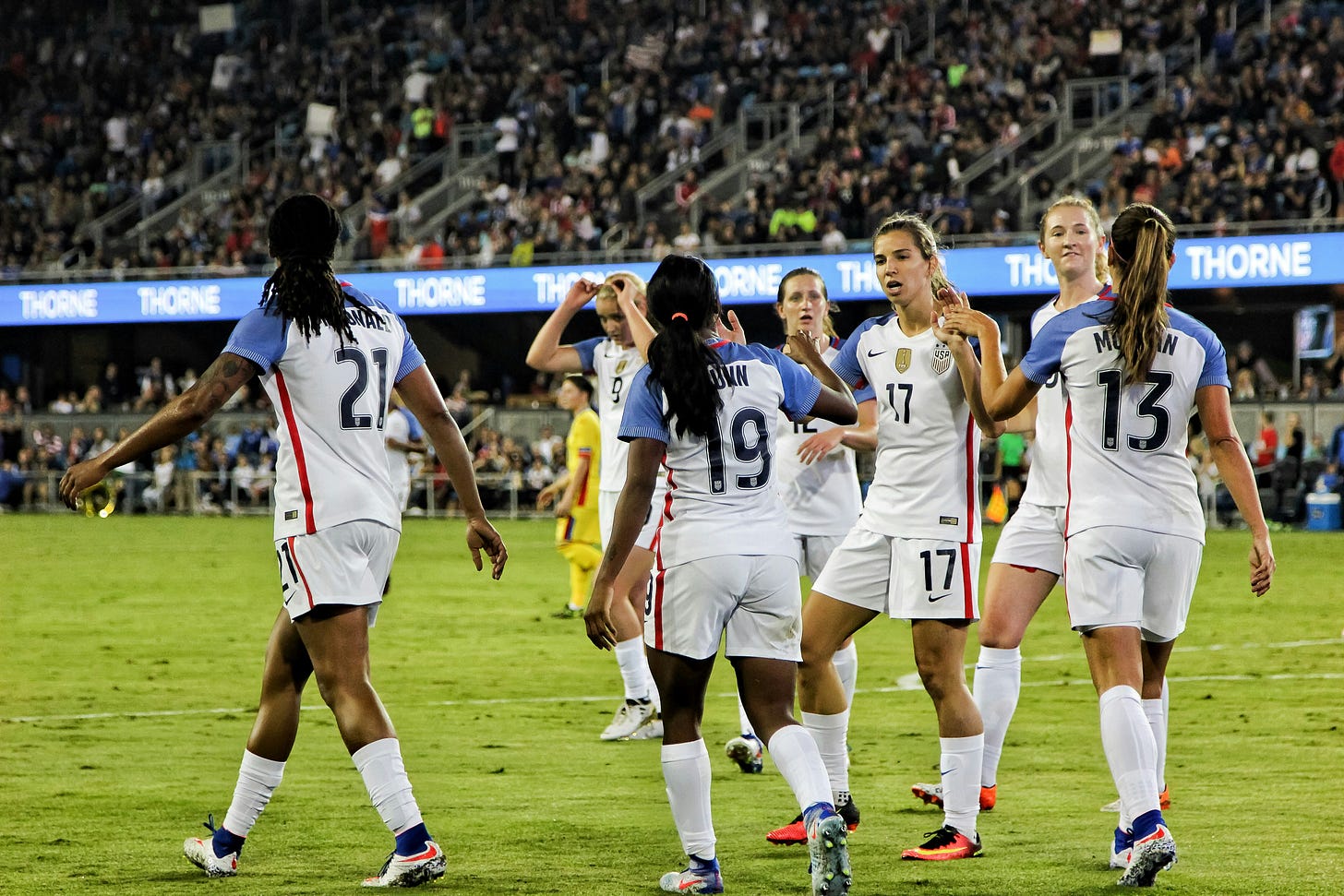“We’re a family” was a common refrain in higher education. Made me cringe every time I heard it.
I’d sort of forgotten about it, until I heard it again at Amazon recently. “I love this team because we’re a family,” a colleague said on a team call.
Double cringe. Can we just … not?
We. Are. Not. A. Family.
A quick Google search provides this definition of a family:
A family, at its core, is a group of people bound together by ties of love, mutual support, and often, shared history or legal relationships (like birth, marriage, or adoption), forming a unit that provides emotional and practical support.
For some, family is a good thing. It connotes love and support, a permanent connection through good and bad, thick and thin. For others, family is more complicated … harmful, even.
Almost every family has a wacky uncle Fred, who is wildly inappropriate on a good day and totally out-of-bounds on a bad one.

We have relatives with addiction problems, grandparents who shouldn’t be behind the wheel of a car but are somehow still allowed to drive, and a little brother or sister who just can’t find their way right now.
Bless their heart.
But they are family, so we accept them precisely as they are. We have permeable boundaries, avoid difficult conversations, and make allowances and affordances because … family.
Which is not what we should be doing at work.
Our job is an exchange with our employers—our labor for money. There is no permanence in the world of work. And trust me, your company does not love you.
If we are lucky, we find community at work through a shared mission and purpose. This should not be confused with family, though.
While family is “ride or die,” our relationship with work is ephemeral. Some folks stay a long time, others come and go frequently—and both are okay. Our work community should feel inclusive for old and new members alike. (Try joining a new family and tell me how included you feel.)
At work we should expect high performance and hold each other accountable to delivering results. And as leaders we must uphold these expectations—even if it means letting people go.
The first time I laid employees off as a CIO, my president was inundated with faculty complaints because it “wasn’t who we were” as a college—we were a family and families don’t do such things.
I mean, true. When’s the last time you fired a family member?
But. Work. Is. Not. A. Family.
The notion of family at work blurs the line between personal and professional, makes setting boundaries challenging, and fosters weird interpersonal dynamics. Who wants to make mom or dad mad by challenging the status quo?
Families are great … until they’re not. Either way, there’s no role for them at work.
As a leader, the next time you’re tempted to characterize your employees or company as a family—don’t.
Think of your employees as a team instead—or a community, association, club, or band even—brought together by a common purpose for a period of time.
While your teammates are on the job, strive to create a professionally supportive and empowering environment where everyone can do their best work.
And then send them home to their (actual) families, where they belong.
PS: I looked up the etymology of the word family, which stems from the early 15th century Latin word familia. As it turns out, familia and its derivatives reference servants, servitude, and “family servants, domestics collectively, the servants in a household.” So maybe I’m wrong and work really is like a family, after all?
Bonus Reads:
If you enjoyed this post, consider subscribing (it’s free!) or sharing it with a friend.










Thanks Rae - so important to remember.